
On September 29th, Beijing Normal University and the High People’s Court of Guangdong Province jointly established the Guangdong-Hong Kong-Macao Judicial Research Innovation Base in Zhuhai. Ma Jun, Deputy Secretary of the Party Committee and President of Beijing Normal University, Gong Jiali, President of High People’s Court of Guangdong Province, and Zhang Zhigan, Chairman of Guangdong Federation of Social Sciences, attended and delivered speeches. Professor Liang Yingxiu, Dean of the Law School of Beijing Normal University, and Cai Wen, Deputy Secretary of the Party Committee of the Law School, attended the conference online. The conference was held in a combination of online and offline formats, divided into two parts: speeches and unveiling and theme discussion. Wei Wei, Deputy Secretary of the Party Committee of Beijing Normal University and Secretary of the Party Committee of Beijing Normal University at Zhuhai, presided over the unveiling event.

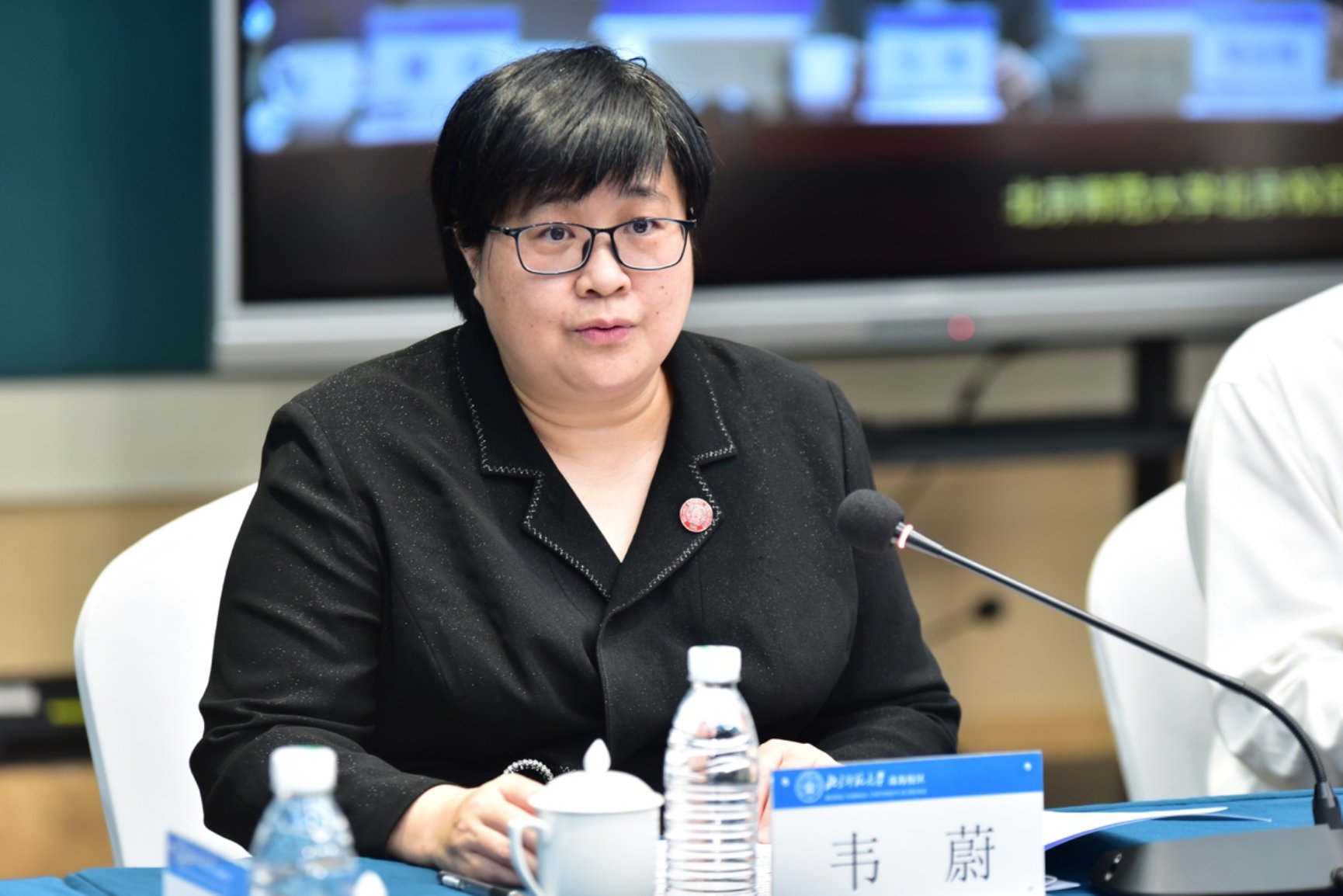
Phase 1: Speeches and unveiling
Ma Jun highlighted that the Guangdong-Hong Kong-Macao Greater Bay Area is among the most open and economically vibrant regions in China, holding a pivotal strategic role in the nation's overall development. Leveraging the "One Country, Two Systems, Three Jurisdictions" framework, the initiative aims to further solidify the alignment between the legal systems of the Chinese mainland and those of Hong Kong and Macao, focusing on aspects such as mechanism integration and addressing theoretical issues including international commercial law comparison and the construction of foreign-related rule of law. This will be achieved through the establishment of a case study mechanism, the creation of an academic exchange platform, and the enhancement of research outcome applications. These efforts are set to provide intellectual backing for significantly bolstering the legal protection capabilities of the Greater Bay Area and advancing key reform and pilot projects.
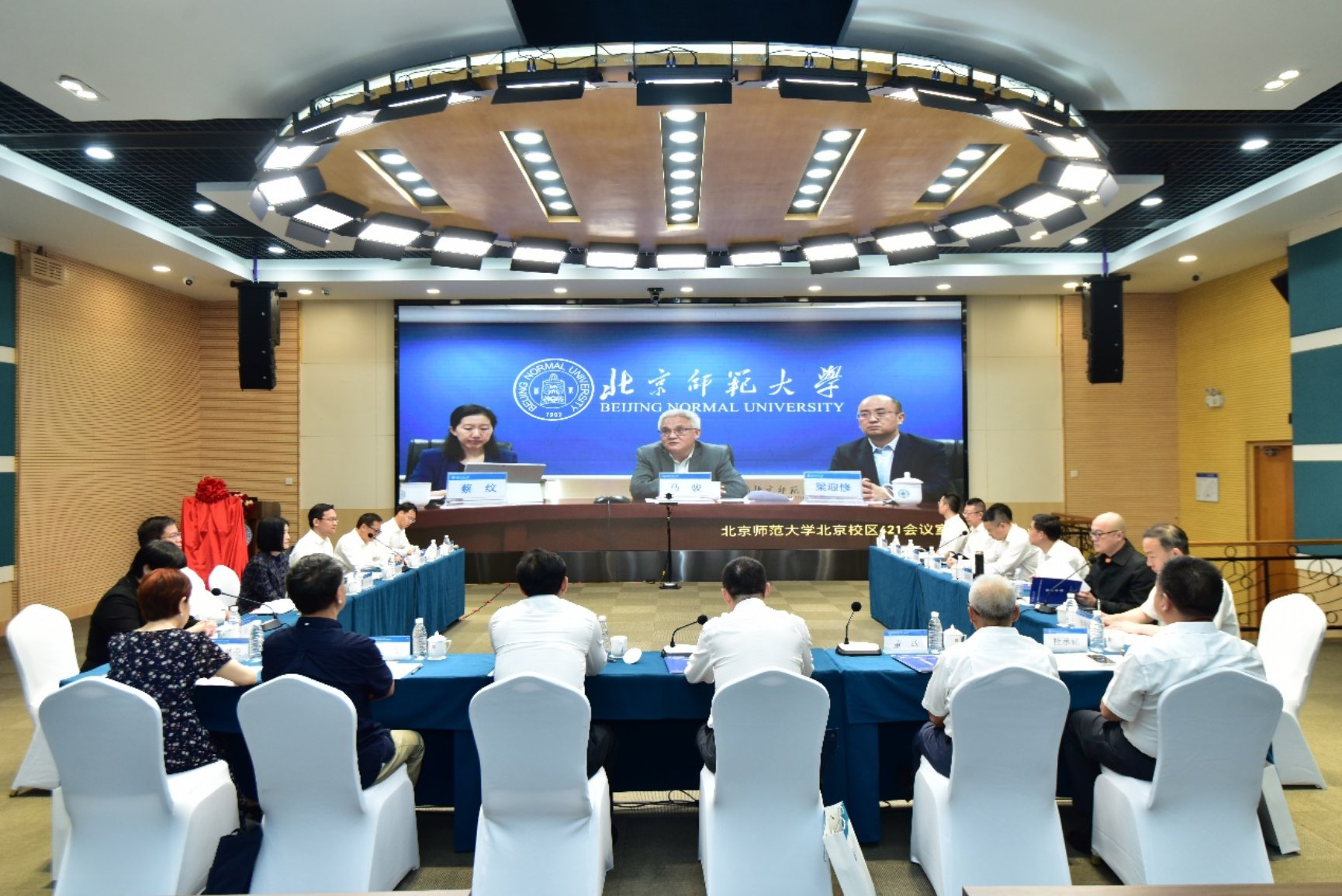
Gong Jiali emphasized that the establishment of the Guangdong-Hong Kong-Macao Judicial Research Innovation Base is an innovative measure to thoroughly implement Xi Jinping's thought on the rule of law, and to consolidate the joint efforts in the construction of the rule of law to advance the development of the Guangdong-Hong Kong-Macao Greater Bay Area. The courts in Guangdong will focus on addressing key and difficult issues such as the identification and application of foreign laws, diverse dispute resolution in cross-border commercial matters, and the optimization of litigation procedures involving Hong Kong and Macao. They will strengthen theoretical breakthroughs and practical explorations, striving to build the base into a practice ground for Xi Jinping's thought on the rule of law, a demonstration site for exchange and cooperation between the judicial and academic circles, an exploration area for the convergence of judicial rules, and a gathering place for high-end legal talents. This will continuously enhance the international influence of the Greater Bay Area's legal system, adjudicative rules, and smart judiciary.
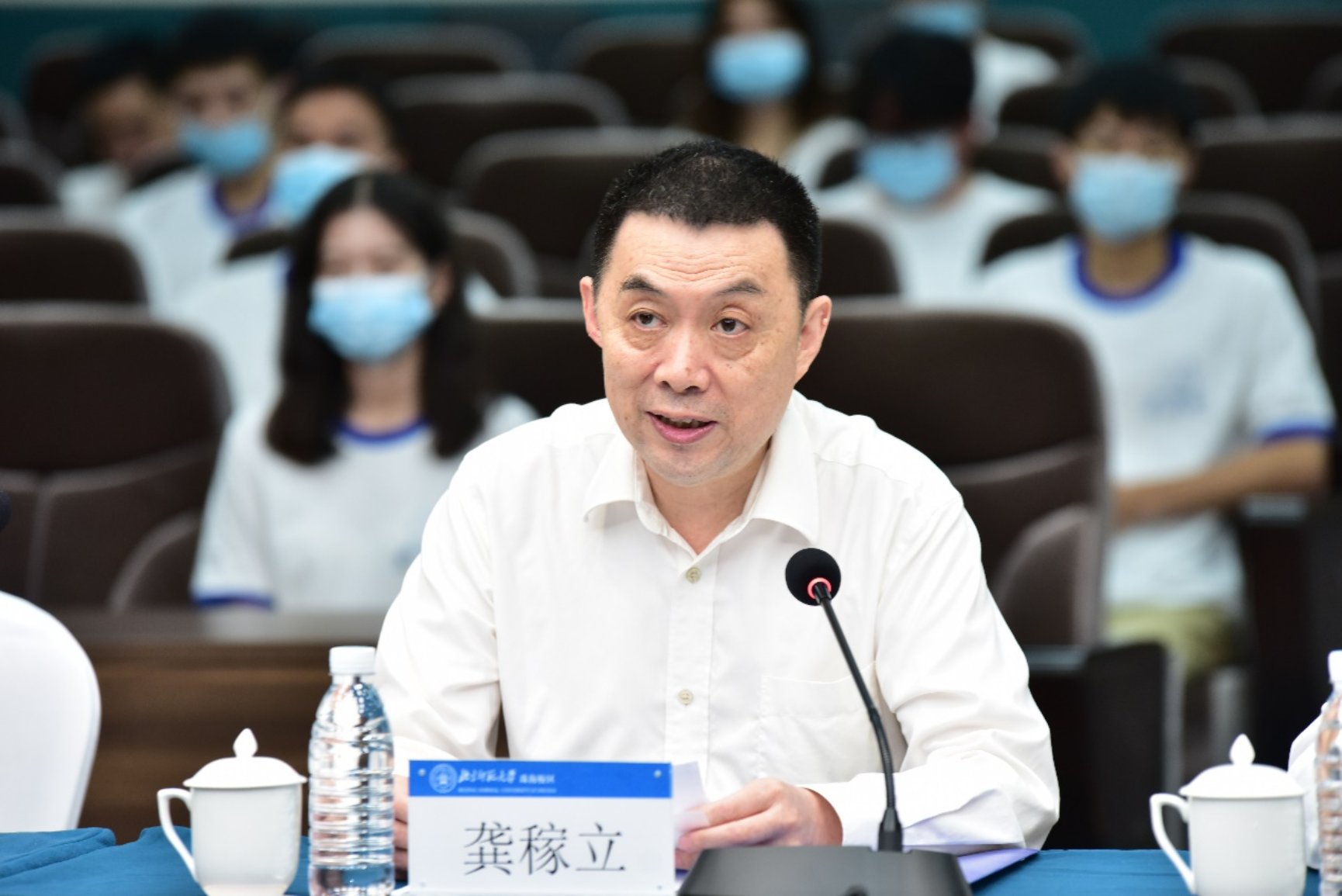
Zhang Zhigan underscored that innovation is the perpetual motif driving the advancement of social sciences. The construction of the Greater Bay Area, an unparalleled venture, is poised to act as a crucial bridge and bond, intently centered on the strategic orientation, tenets, demands, and objectives of the region's development. We are committed to fostering the amalgamation and innovative progression of judicial theory research, legal practice, and social practice resources within the Greater Bay Area. In doing so, we aim to impart greater wisdom and vitality from the social sciences to the steadfast and profound execution of the "One Country, Two Systems" doctrine in this new era.
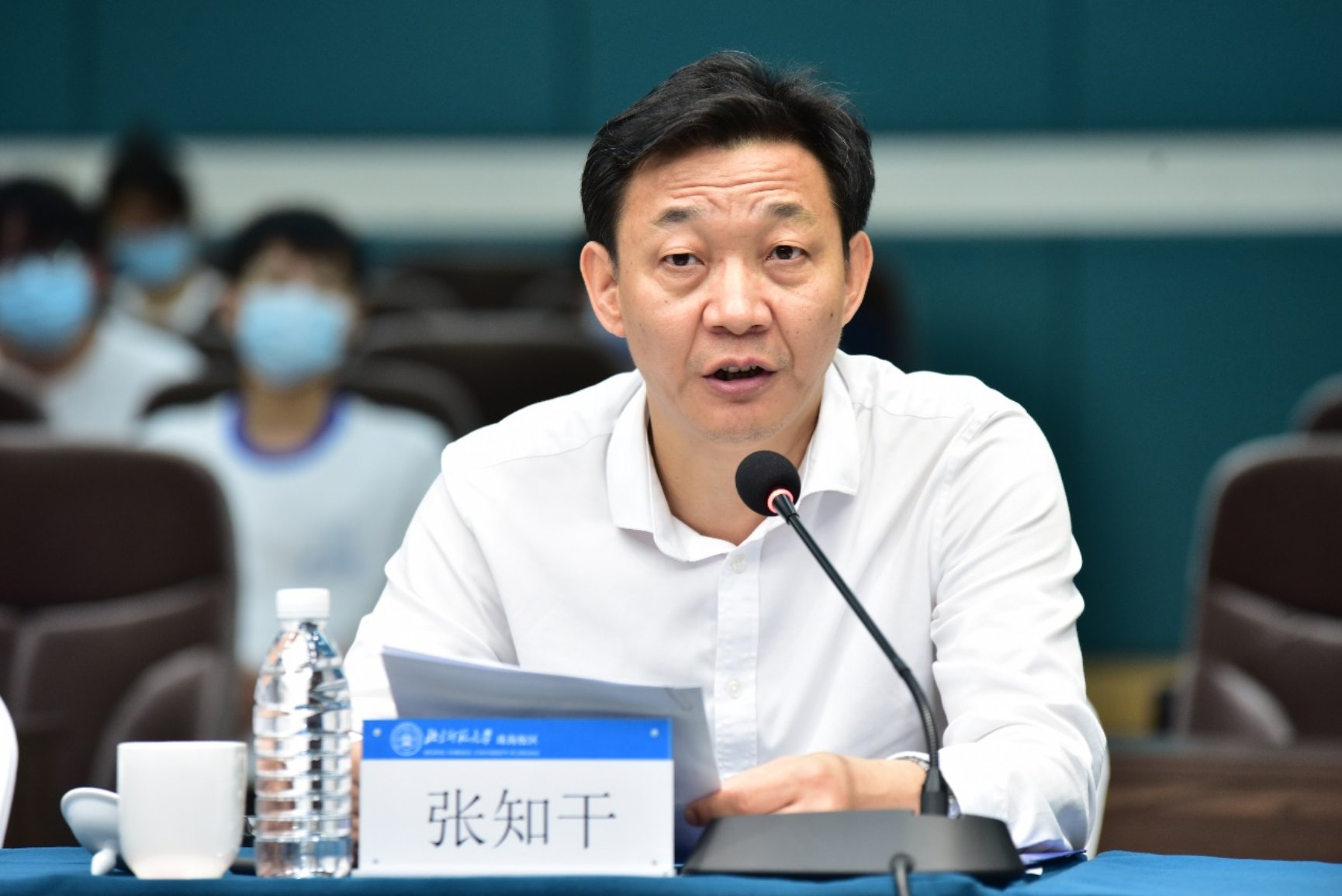
Phase 2: Communication and Seminar
The seminar was themed "Observation and Research on Judicial Reform and Innovation Issues in Guangdong, Hong Kong, and Macao", and was chaired by Professor Yuan Zhijie, Vice Dean of the Law School of Beijing Normal University. Firstly, Dong Hao, a Distinguished Professor at Beijing Normal University, delivered a keynote speech. Subsequently, guests from both the practical and academic circles spoke separately on the issue of judicial construction in Guangdong, Hong Kong, and Macao. Finally, Professor Mi Jian, a Distinguished Professor at Beijing Normal University, made a concluding speech.
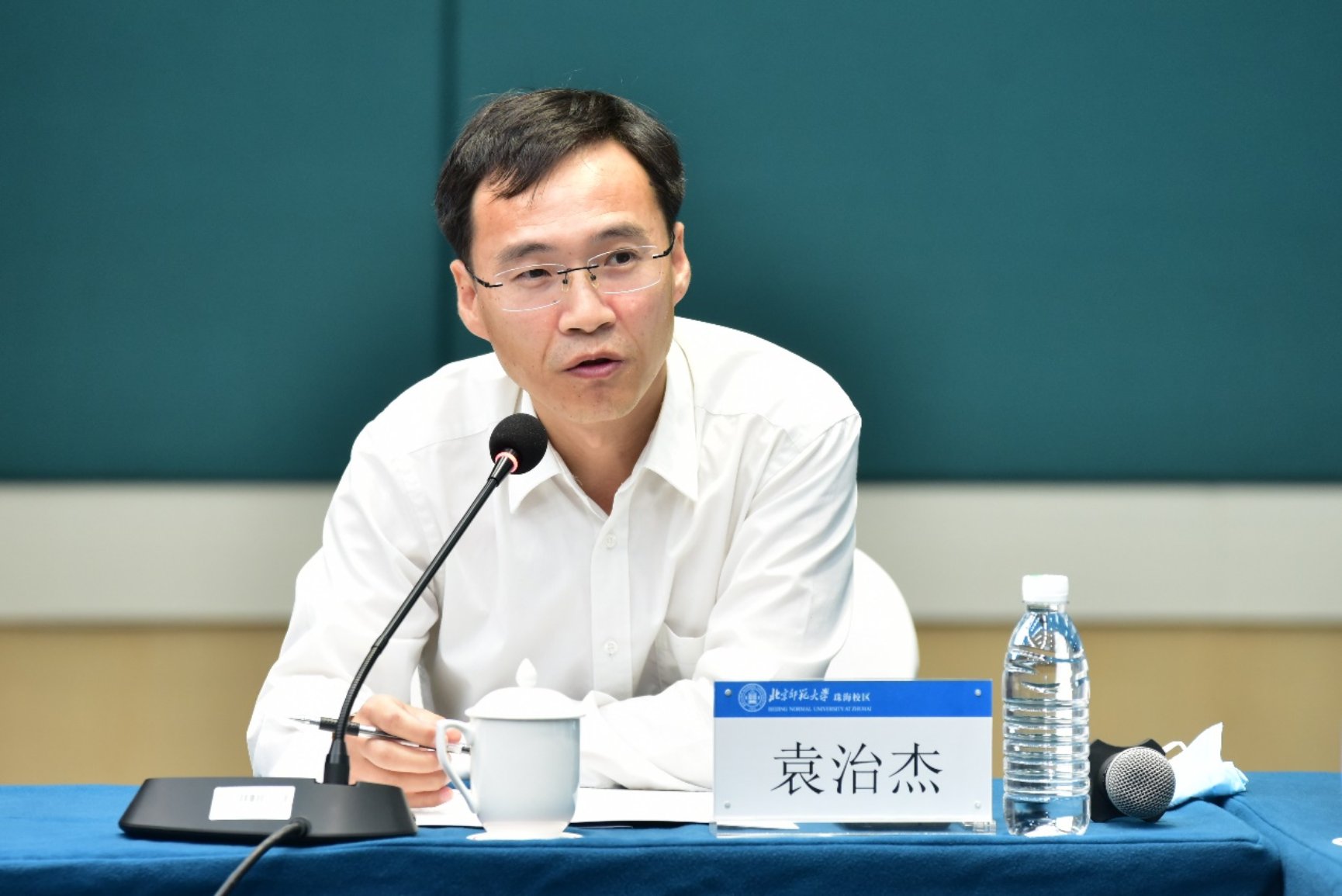
Distinguished Professor Dong Hao from Beijing Normal University posits that the legal challenges faced by Guangdong, Hong Kong, and Macao encompass the core issues prevalent in global legal systems and have consistently been a primary area of focus in legal scholarship and judicial practice within China. To facilitate the integration of judicial rules and mechanisms across Guangdong, Hong Kong, and Macao, the following four objectives should be pursued: Firstly, to systematically analyze and examine the objectives of aligning judicial rules with judicial mechanisms; secondly, to spearhead the reform and innovation of judicial rules, ensuring their compatibility with the corresponding judicial mechanisms; thirdly, to meticulously design and orchestrate the integration of judicial rules and mechanisms; and fourthly, to enrich and advance the theoretical and practical convergence of these judicial rules and mechanisms. Professor Dong emphasizes that in the context of the Guangdong-Hong Kong-Macao Greater Bay Area's dynamic legal environment, developmental opportunities, and innovative challenges, it is imperative to refine and expand integration theories through practical application, harnessing theoretical innovation to drive and enhance integration efforts. Concurrently, addressing the convergence of rules and the alignment of mechanisms plays a critical and direct role in fostering communication and exchange among the three regions, in the education and training of legal professionals, in the resolution of legal disputes, in the facilitation of judicial cooperation, and in the mutual recognition of judicial procedures and outcomes. This will have a profound impact on the deepened cooperation within the Guangdong-Hong Kong-Macao area, the long-term prosperity and stability of Hong Kong and Macao, their integration into the national development framework, and even the advancement of the "Belt and Road" initiative.

Director Liang Zhanxin of the Research Office of the High People's Court of Guangdong Province offered three strategic insights for the high-quality development of the Bay Area Court, aligning with the seminar's theme. Firstly, he emphasized the commitment to serving the establishment of a world-class legal and business environment within the Bay Area. Secondly, he outlined a robust plan to enhance the functions of the Hengqin Court and to advance the comprehensive reform of the Guangdong-Macao In-Depth Cooperation Zone in Hengqin. Thirdly, he highlighted the importance of leveraging theoretical research to elevate the standard of legal protection in the Bay Area courts. Director Liang noted that the integration of judicial practice and theoretical resources at the Guangdong-Hong Kong-Macao Judicial Research Innovation Base represents another milestone in the deepened exploration of the rule of law in Guangdong, Hong Kong, and Macao, as well as a significant step in harnessing the collective strengths of the three regions. Moving forward, he announced plans to collaborate with colleagues from Beijing Normal University to strategically map out the development of the research base. This partnership aims to continuously bolster major theoretical and practical research initiatives in the realm of the rule of law for the Guangdong-Hong Kong-Macao Greater Bay Area, thereby providing the intellectual foundation necessary for comprehensively enhancing the level of judicial service and assurance.
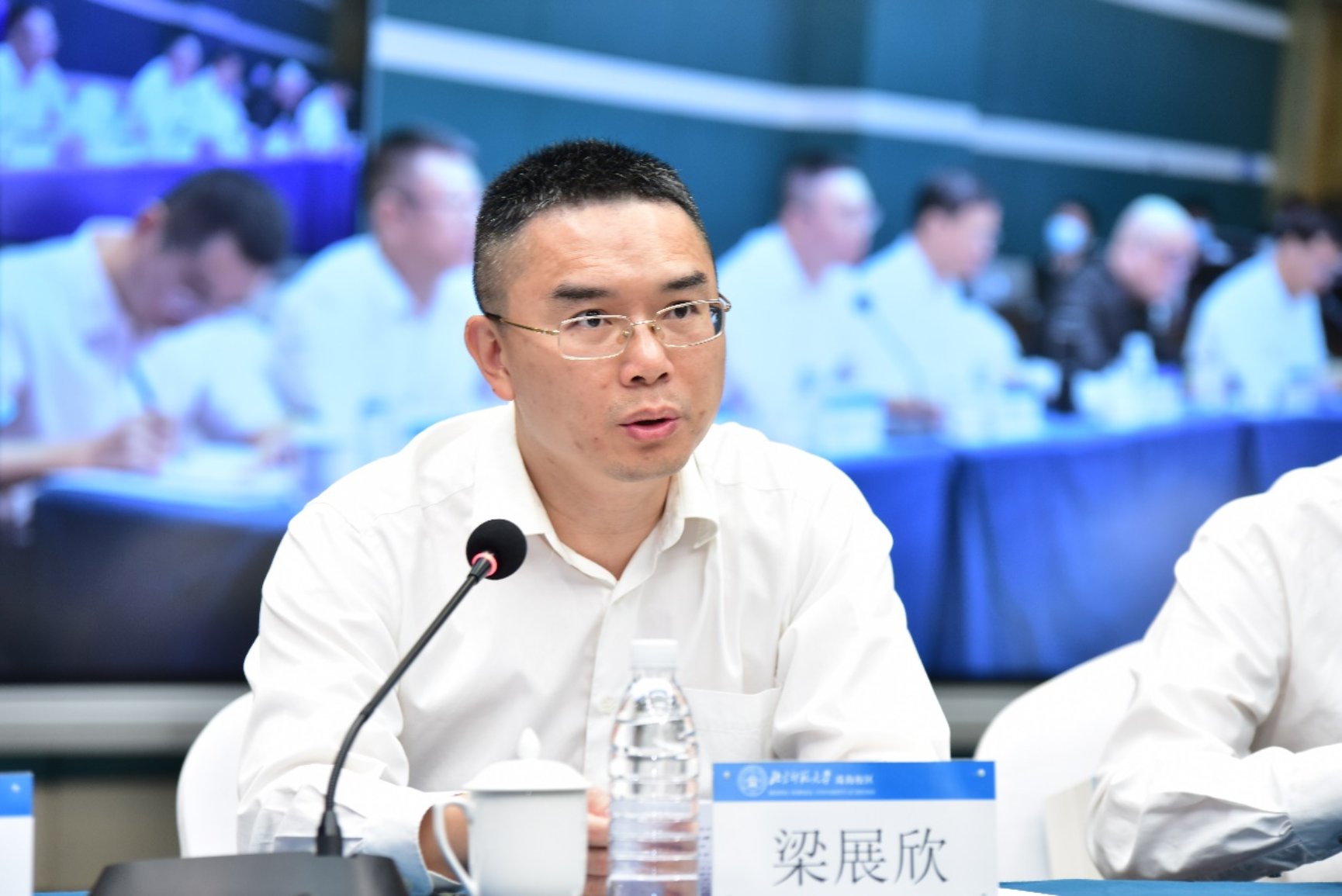
Chief Judge She Qiongsheng of the Fourth Civil Division of the High People's Court of Guangdong Province has outlined the judicial practices and operational strategies that Guangdong courts have adopted to facilitate the harmonization of legal rules in the civil and commercial sectors of the Greater Bay Area in recent times. These efforts encompass five key dimensions: Firstly, the pursuit of greater openness in the application of law; secondly, the establishment of a more standardized litigation process; thirdly, the creation of a fairer and more efficient mechanism for dispute resolution through a variety of methods; fourthly, the provision of more accessible judicial services; and fifthly, the enhancement of judicial assistance and exchange programs. Currently, the grassroots courts in Nansha, Qianhai, and Hengqin have established direct links with the Macao Court of Final Appeal. Looking ahead, the scope of judicial cooperation in civil and commercial matters between the Chinese mainland and Hong Kong and Macao is set to expand, thereby achieving more integrated judicial assistance and fostering deeper judicial exchanges and mutual learning.
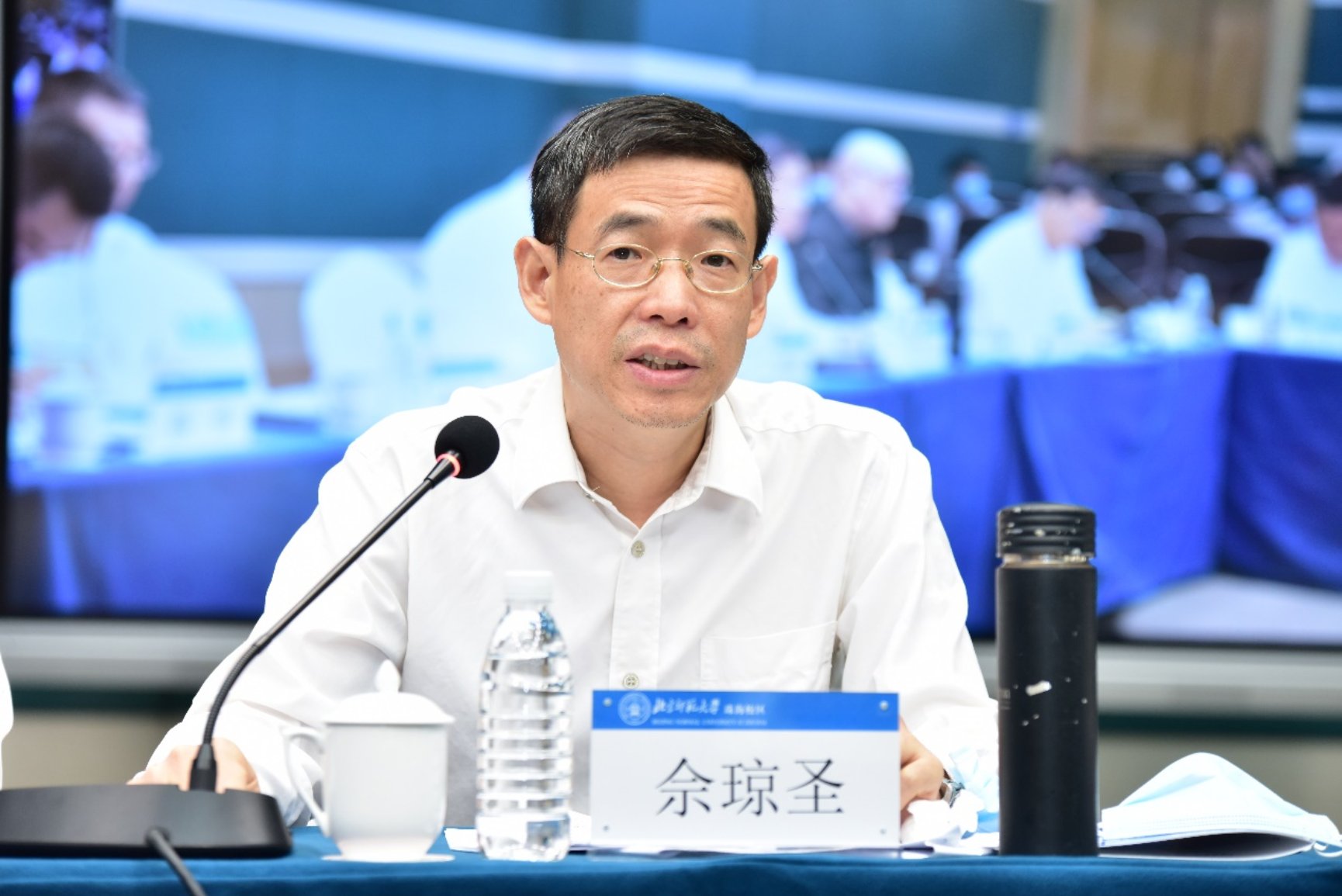
Chen Xiaojun, the President of the Court of Guangdong-Macao In-Depth Cooperation Zone in Hengqin, highlighted the proactive endeavors of the Hengqin Court in advancing the rule of law through three key dimensions: Firstly, in the realm of foreign-related trial mechanism innovation, the Hengqin Court has distinguished itself as the Chinese court with the highest number of civil and commercial cases involving Australia. It has also instituted a pioneering mechanism allowing Hong Kong and Macao accompanying judges to participate in trials, thereby enhancing judicial credibility. Secondly, with respect to cross-border judicial services, the Hengqin Court has adeptly tailored its services to meet the diverse needs of domestic and foreign parties. It has implemented a multifaceted mechanism for resolving cross-border disputes, markedly boosting judicial efficiency. Thirdly, in the area of judicial cooperation and exchange, the Hengqin Court has forged a direct entrustment service and a mechanism for investigation and evidence collection with the Macao Court, achieving seamless judicial assistance between the two Hengqin and Macao.

Professor Hu Jianmiao of the Central Party School (National College of Administration) contended that the Guangdong-Hong Kong-Macao Judicial Research Innovation Base, a collaborative initiative between the High People’s Court of Guangdong Province and Beijing Normal University, represents a pioneering mechanism that exemplifies the convergence of judicial and academic circles. This platform is poised to intensify the exploration of Chinese legal theory and to catalyze reform and innovation within China's judicial system. In conclusion, Professor Hu expressed his earnest hope that the innovation base will yield tangible outcomes, fulfill expectations, and make a substantial impact on China's judicial practice and legal theoretical research.
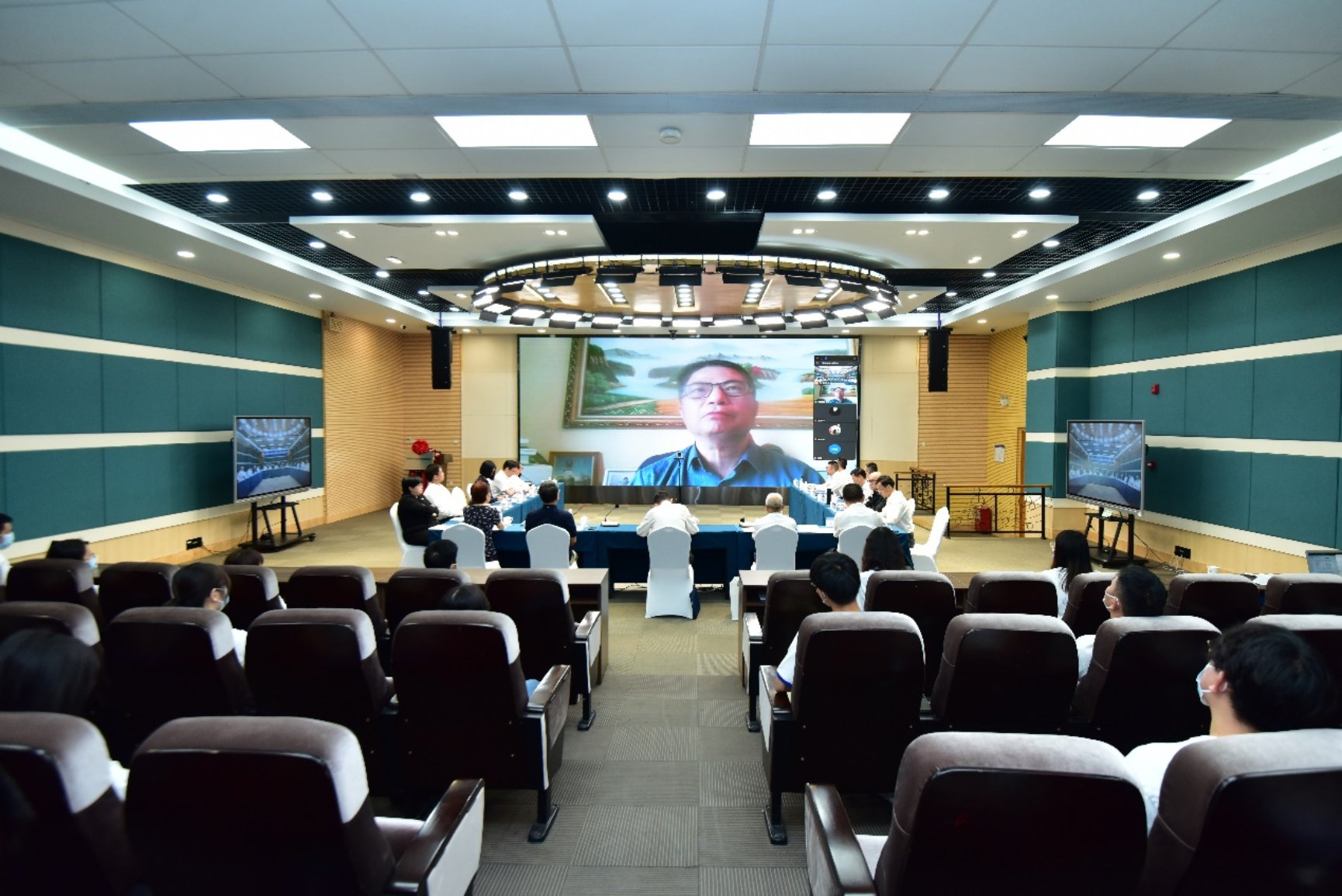
Professor Du Chengming, Vice President of Guangdong University of Technology, first expressed his affirmation and expectations for the Guangdong-Hong Kong-Macao Judicial Research Innovation Base. Regarding the connection of rules and mechanisms among Guangdong, Hong Kong, and Macao, three questions are raised: firstly, the judicial reform of Guangdong, Hong Kong, and Macao, including the three cooperation zones, must first follow judicial laws, especially in combination with China's actual situation; Secondly, it is necessary to improve the mechanism for identifying laws outside the jurisdiction, and establish a unified legal identification system and mechanism in the judicial system; The third is to cultivate cross regional judicial talents. Firstly, the Pearl River Delta should cultivate judges who are proficient in Hong Kong law and Macau law. Secondly, it is necessary to strengthen cooperation between universities in Hong Kong and Macau, focusing on solving the coordination problem between universities in Hong Kong, Macau and Chinese mainland in the cultivation of legal talents.
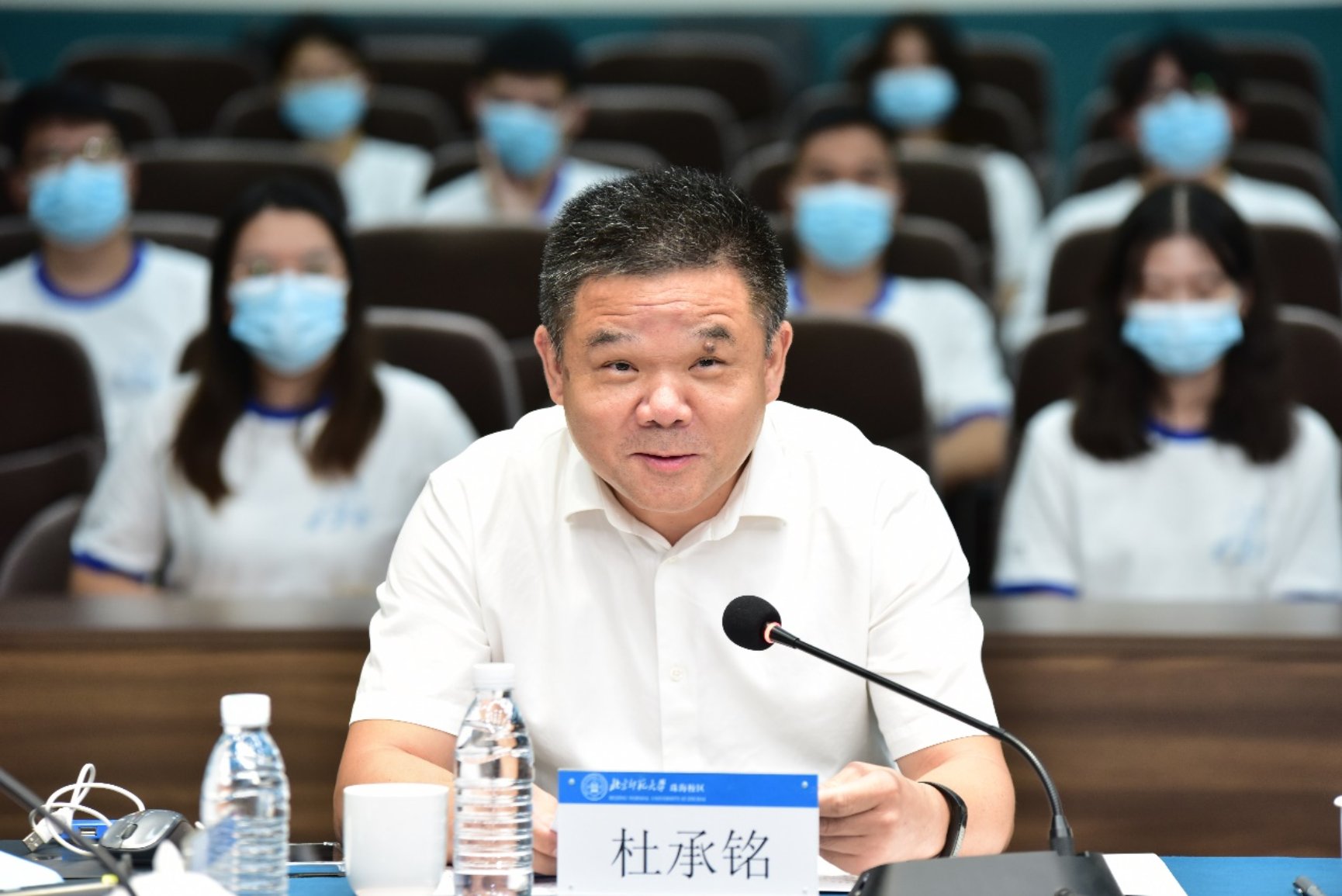
Professor Xue Gangling, Dean of the Institute of Government Reform and Rule of Law Construction at South China Normal University, put forward three views on judicial reform and innovation in Guangdong, Hong Kong, and Macao. Firstly, there are several levels in the connection of rules and mechanisms, with the judiciary being the last to arrive, and upstream integration being even more important. The development space for the rule of law in the Greater Bay Area is particularly large. Secondly, the Chinese model itself needs to be reformed and innovated. The previous legal system, due to various restrictions, focused on development and had great room for reform and innovation. Thirdly, the Greater Bay Area is a platform for China to go global, and the integration of legal systems in the Greater Bay Area will bring many conveniences for China to go global.
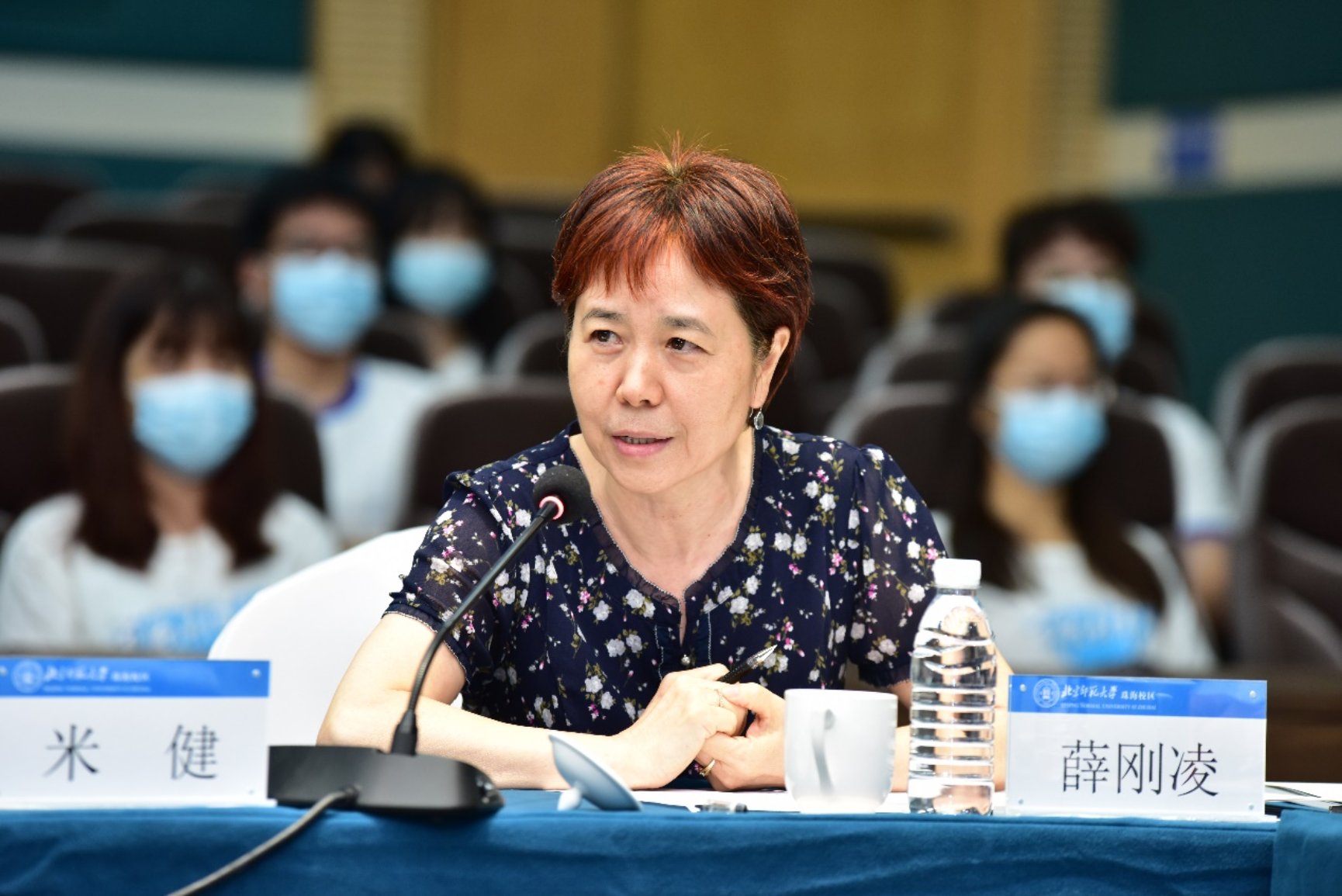
Professor Wang Xizin, Law School of Peking University and Editor in Chief of Peking University Law Journal, believes that the first keyword of this judicial research innovation base is integration, including the integration of Guangdong-Hong Kong-Macao rules and the integration of the two legal systems reflected in Guangdong, Hong Kong and Macao. The second keyword is innovation. How to achieve coexistence and integration in the context of diverse rules, values, cultures, and even national governance models can also be said to be a question that China needs to consider in building a community with a shared future for mankind and participating in international governance. The integration of laws and legal systems is essentially a fusion of values. The research on judicial innovation in Guangdong, Hong Kong, and Macao is driven by and aimed at integration.

Professor Tang Xiaoqing, Dean of the Faculty of Law at the University of Macau, highlighted that the establishment of this base marks a significant step in advancing judicial innovation within the Greater Bay Area, in alignment with the nation's strategic blueprint. It signifies a robust commitment to reinforcing collaboration between the Faculty of Law at the University of Macau and the Guangdong-Hong Kong-Macao Judicial Research Innovation Base at Beijing Normal University. Addressing the cultivation of legal talent, Professor Tang detailed the University of Macau's innovative approach, which is poised to effectively facilitate the globalization of China's judicial infrastructure. As a major global player, China ought to assert its voice in the legal domain.
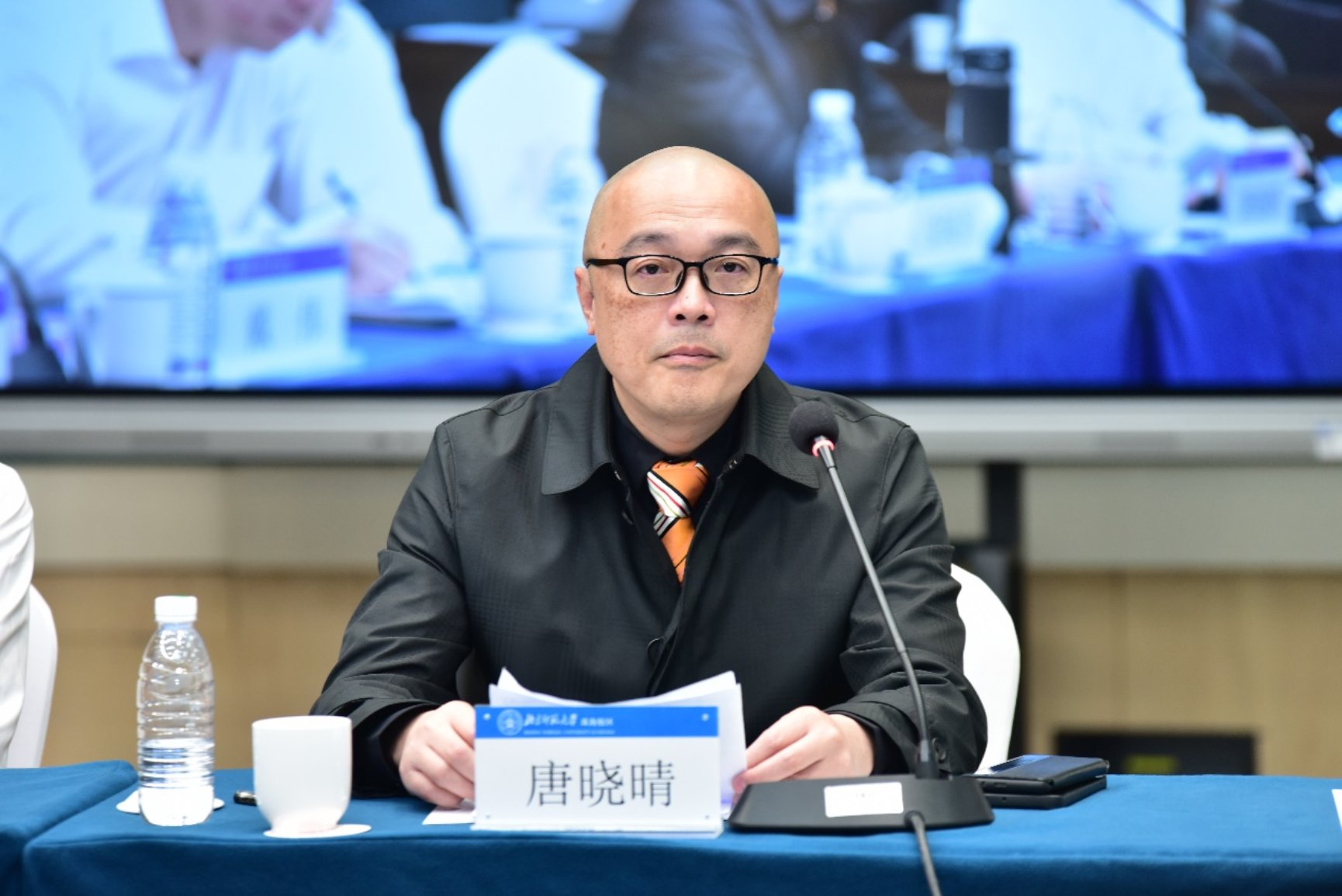
Professor Fang Quan, Dean of the Faculty of Law at the Macau University of Science and Technology, affirmed the important significance of the Guangdong-Hong Kong-Macao Judicial Research Innovation Base in national strategy and regional development from the perspective of legal coordination and integration among the three regions. It believes that the judicial innovation cooperation model of legal integration and coordination not only promotes the localization and modernization of the rule of law construction in the Greater Bay Area, but also in Macau. Professor Fang stated that the Faculty of Law at the Macau University of Science and Technology is committed to cultivating cross domain legal talents and creating research characteristics of cross domain rule of law. He hopes to utilize the advantages of the innovation base to carry out in-depth exchanges and cooperation in cross domain talent cultivation and cutting-edge theoretical innovation.
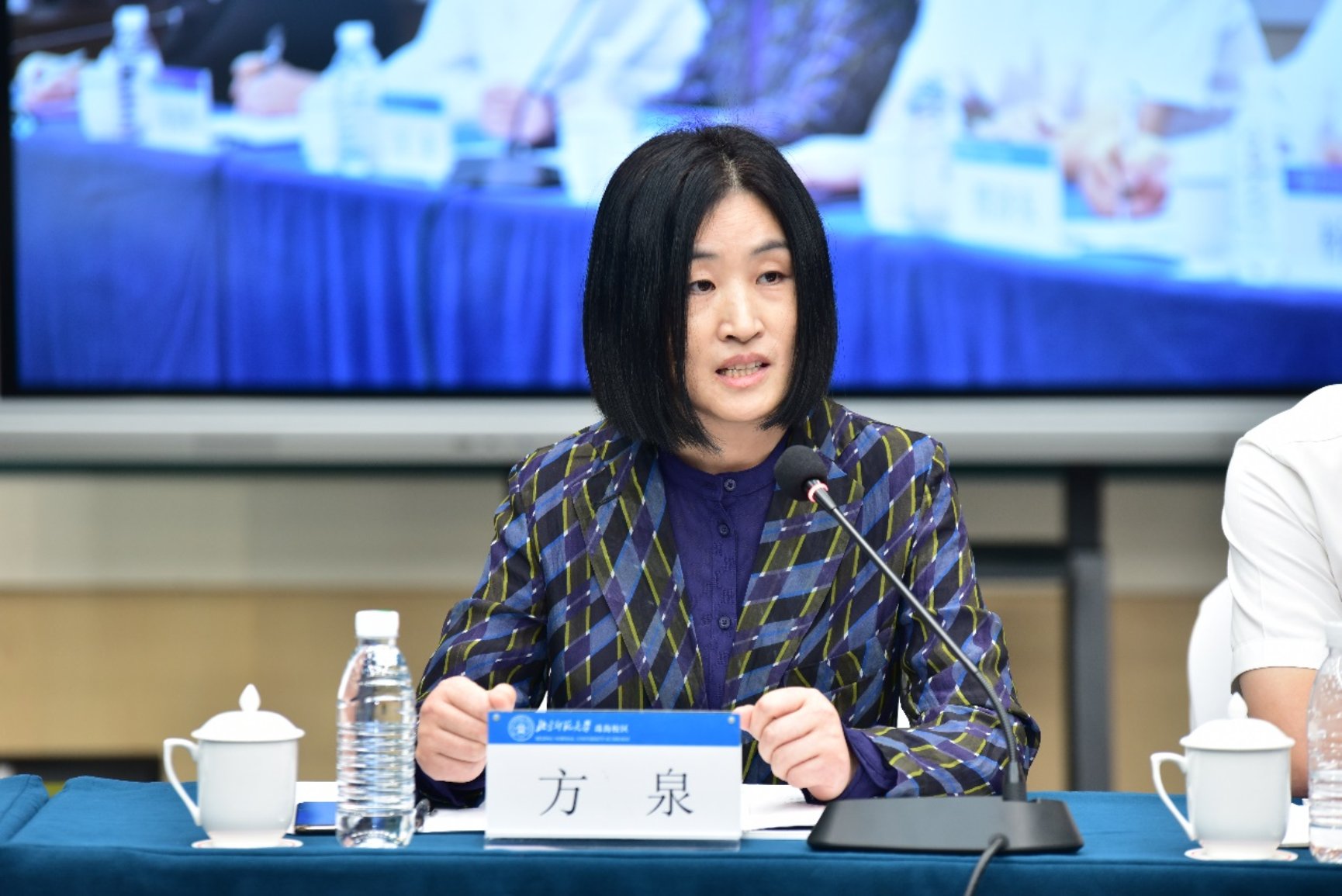
Professor Lin Feng, Vice Dean of the School of Law at the City University of Hong Kong, stated that the establishment of the base is necessary and timely for the development of the Greater Bay Area, and is of great significance in addressing the issues of connection and integration among the three legal jurisdictions. Starting from the perspective of how to implement specific measures to solve the connection between the three legal domains, this article elaborates on the training of judges and emphasizes the need to strengthen their learning of common law. In addition, Professor Lin stated that the School of Law at the City University of Hong Kong is willing to actively cooperate with the base to carry out relevant work, relying on the base to further cooperate with courts in Hong Kong, Macau, Guangdong and other places.

Professor Ma Huaide, President of China University of Political Science and Law, identified that the novel challenges confronting judicial reform in the Greater Bay Area are distinguished by a unique blend of universality and specificity. The establishment of the Guangdong-Hong Kong-Macao Judicial Innovation Research Base holds profound significance for conducting comprehensive research into the myriad issues associated with judicial reform and innovation, as well as for addressing the related challenges. To effectively manage and harmonize the judicial reform matters within the Greater Bay Area, the fundamental step is to apply the law with precision. The objective is to adjudicate all manner of disputes with fairness and impartiality, utilizing precise classification as the foundational approach and legal interpretation as the primary tool. Through thoughtful and judicious interpretation, we can ensure that pertinent disputes are resolved effectively. Currently, the Greater Bay Area has initiated a range of initiatives in the realm of judicial reform systems and mechanisms. We anticipate that the base will engage in rigorous research and exploration of legal application, furthering these efforts.
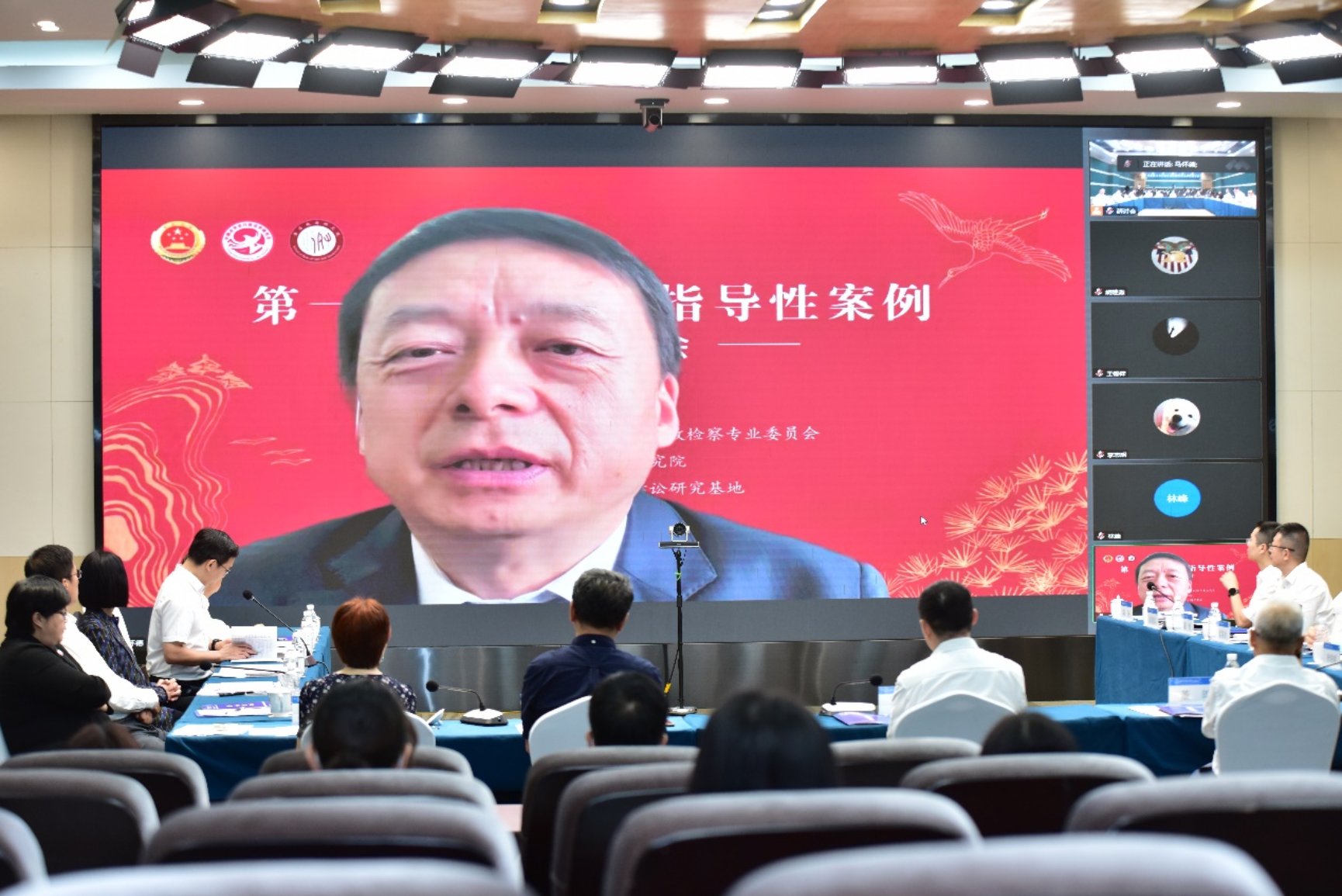
Professor Mi Jian from the Law School of Beijing Normal University encapsulated the presentations of various experts and scholars, noting that each individual has offered their insights and perspectives from a multitude of angles, exemplifying a strong sense of inclusiveness and innovation. He contended that against the backdrop of "One Country, Two Systems," the development of the Guangdong-Hong Kong-Macao Greater Bay Area constitutes an intrinsic contribution to the realization of the "Belt and Road" initiative, propelling us towards a global stage and fostering a community with a shared future for mankind. The fundamental orientation of judicial innovation in the Greater Bay Area, he argues, should be outward-looking rather than inward-focused, aligning closely with the international community through a broad global perspective and a commitment to our shared human destiny. Addressing the cutting-edge theoretical and practical issues in the judicial reform and innovation of the Greater Bay Area necessitates adherence to the principles of development, the implementation of collaborative models, and the refinement of diverse dispute resolution mechanisms. Professor Mi underscores the importance of recognizing in the judicial infrastructure of the Greater Bay Area that talent cultivation and judicial coordination are trans-disciplinary concerns, not merely transboundary ones.
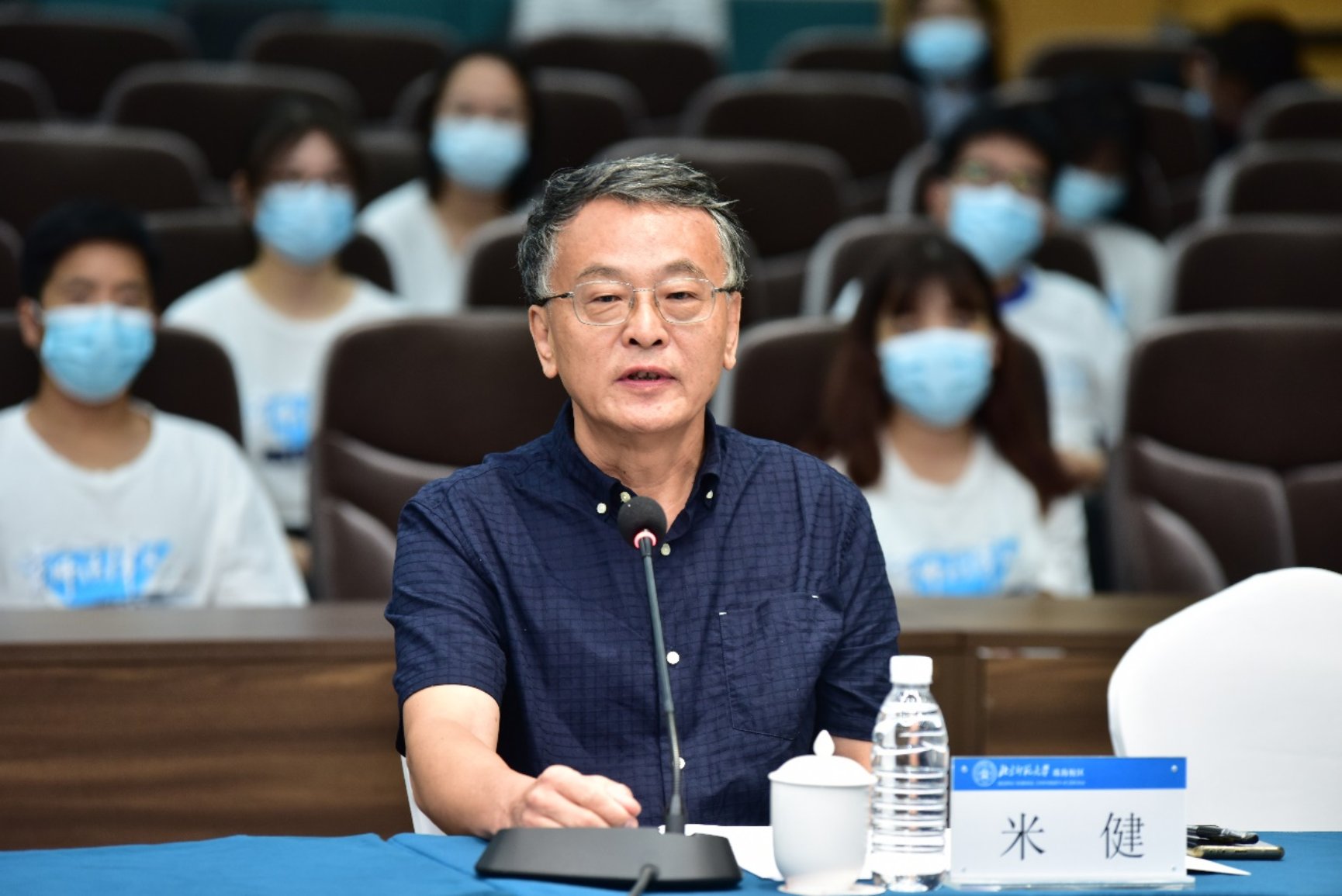
1
